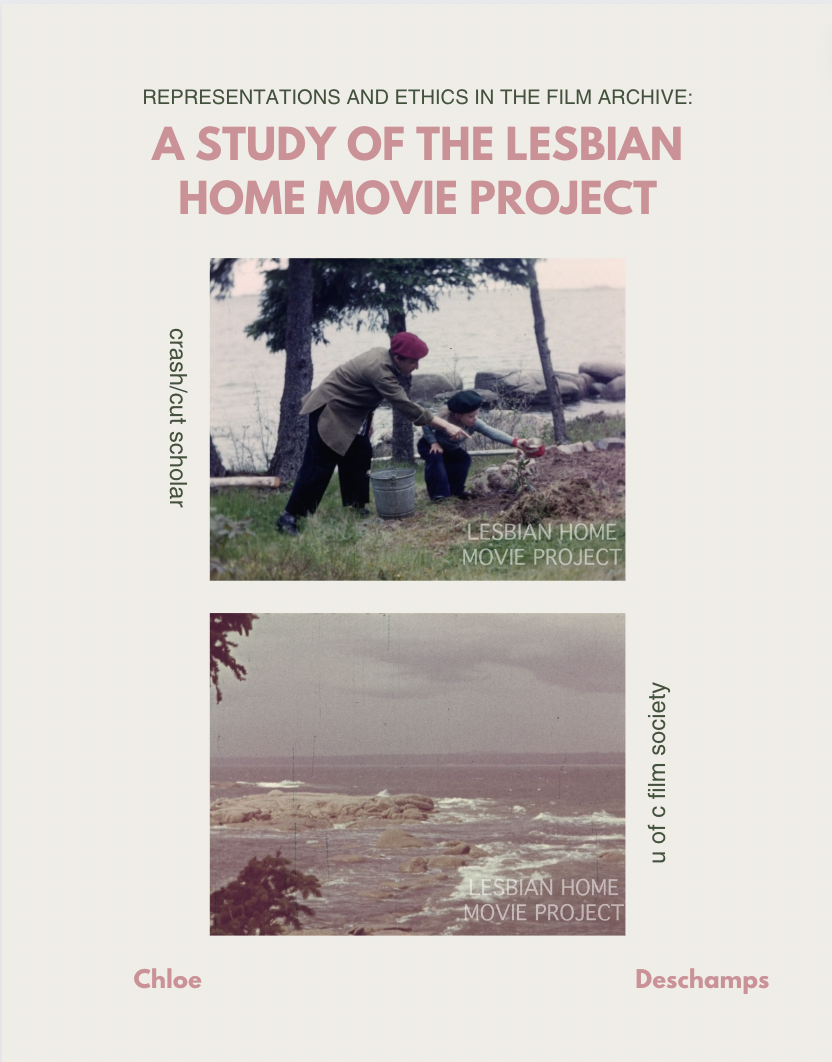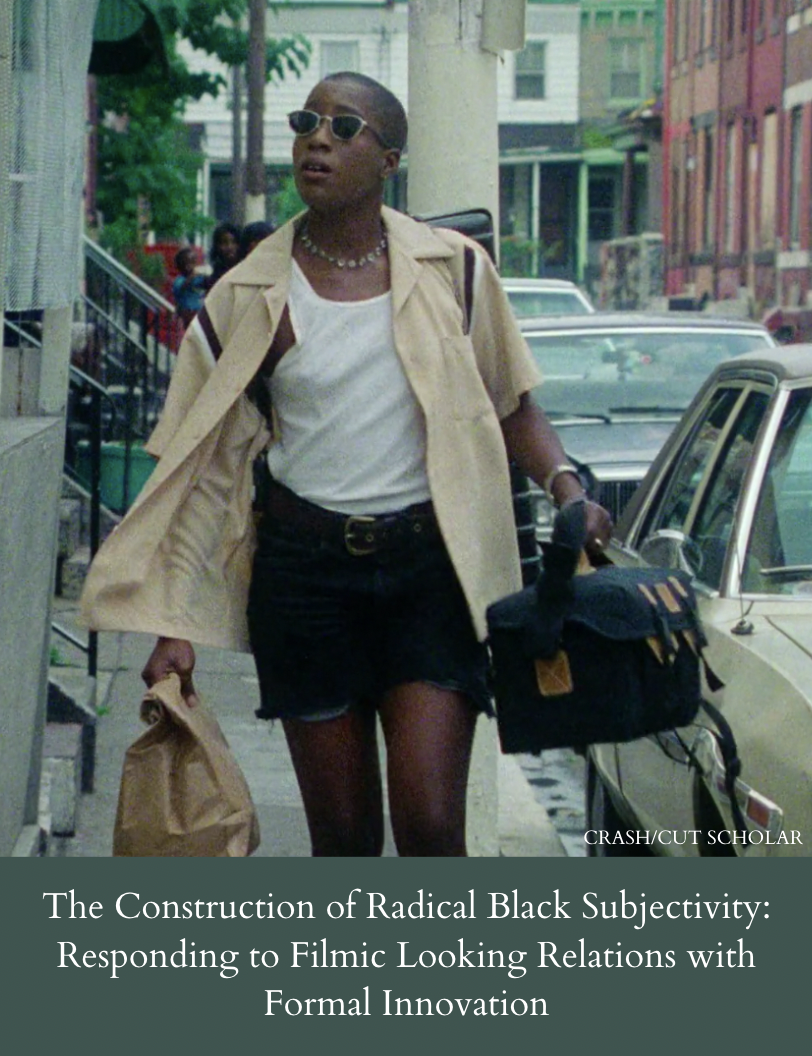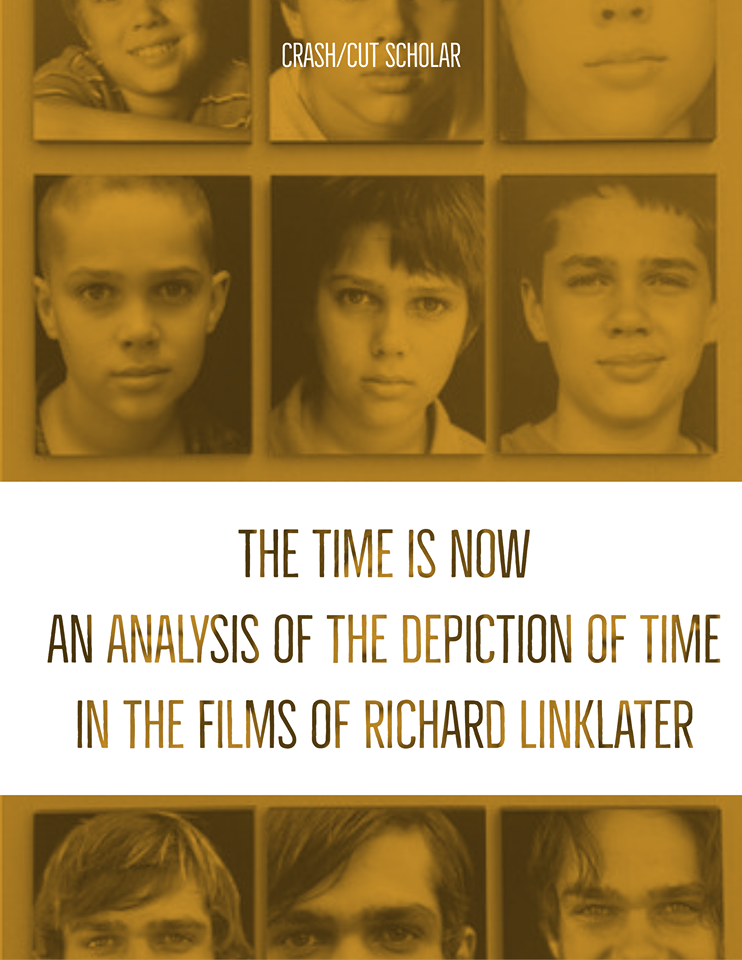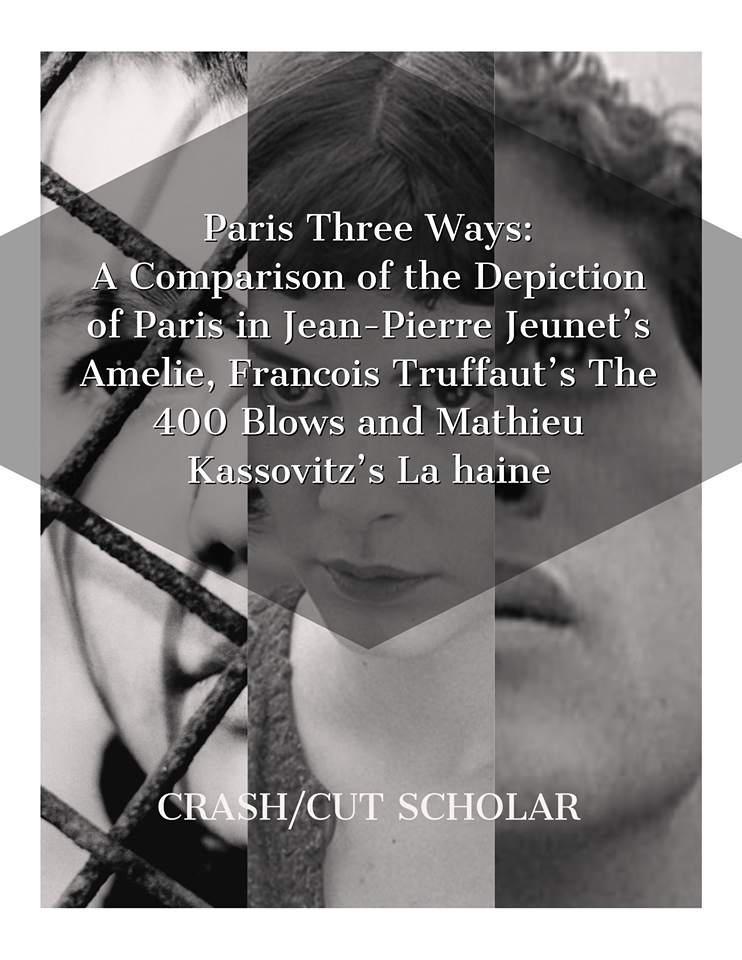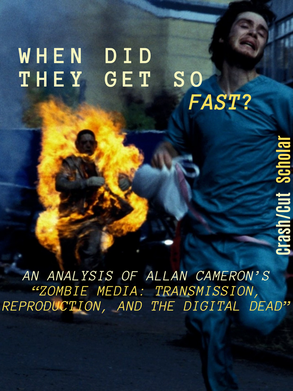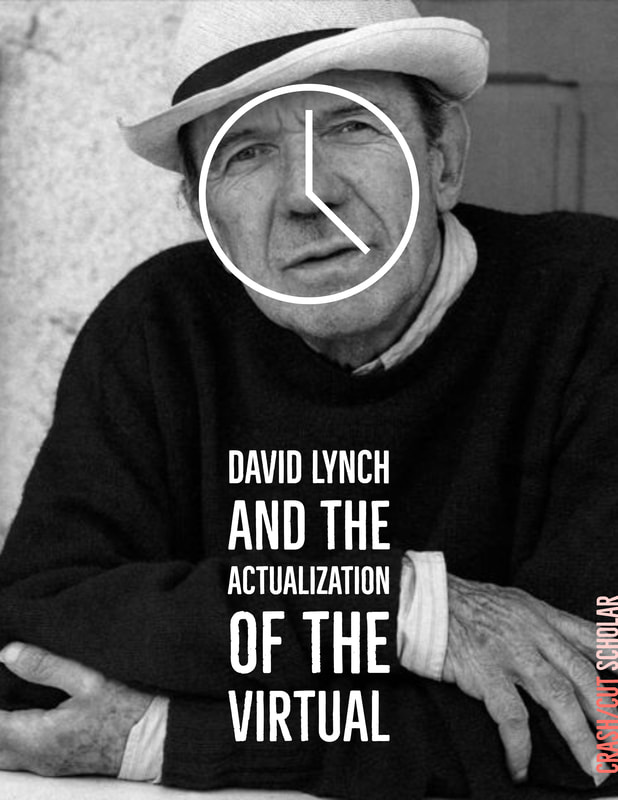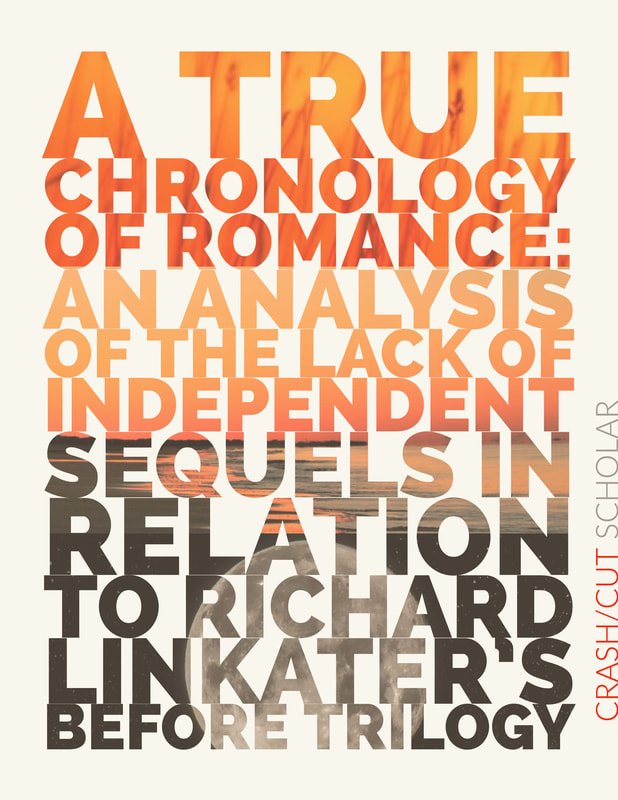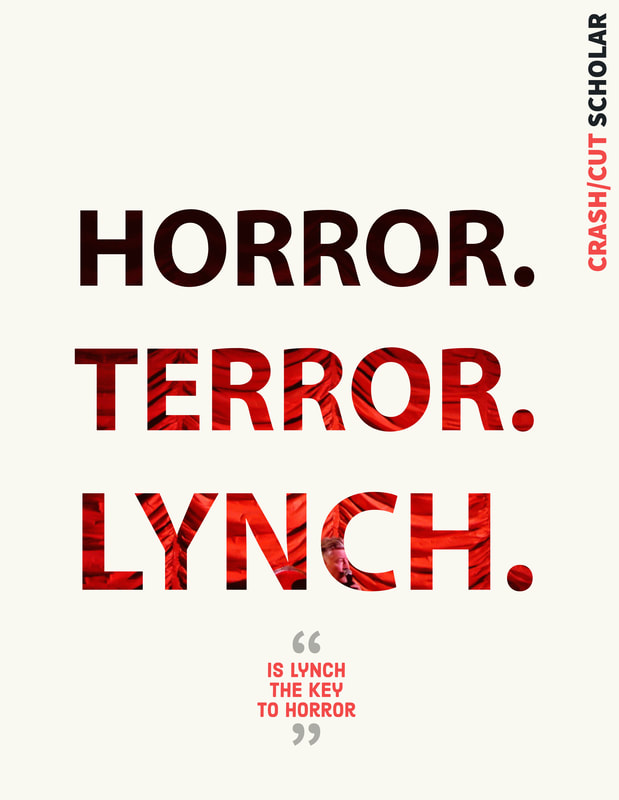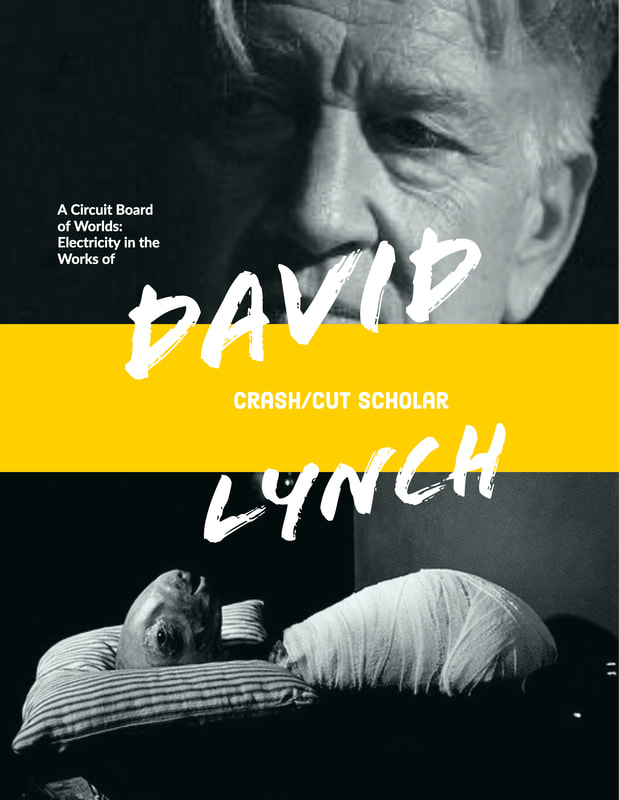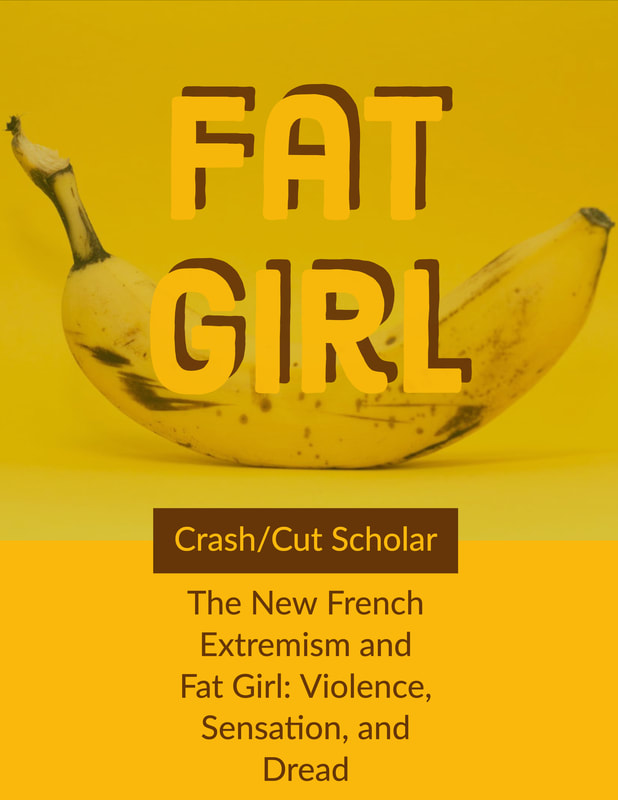Representations and Ethics in the Film Archive: A Study of the Lesbian Home Movie ProjectWritten by Chloe Deschamps
In the very marrow of the syntax, archives allude to power and authority. However, in practice, the act of archiving holds onto the potential to rupture notions of archival authority and become sites of transformation, heterogeneity, and deterritorialization." |
The Construction of Radical Black Subjectivity:
|
The Time is Now
|
Paris Three Ways:
|
When Did They Get So Fast?
|
David Lynch and the Actualization of the VirtualWritten by Elias Stang
One particularly interesting idea one can attribute to these films, specifically Mulholland Drive is that of Gilles Deleuze’s work on the time-image and the Virtual. This paper intends to identify in what specific ways Mulholland Drive expresses Deleuze’s philosophy of a direct time-image and how it invokes the idea of the Virtual as an approach which favors Lynch’s more unconventional style. |
An Analysis of the Lack of Independent Sequels
|
Horror. Terror. Lynch.Written by Anton Charpentier
By defining horror and terror as two separate terms; horror describing the potential phycological trauma and terror describing the physical embodiment of danger. I hope to assert that Lynch is not only unique to the genre but in fact a realization of what the genre should be. |
A Circuit Board of Worlds: Electricity in the Works of David LynchWritten by Zach Green
Electricity is a frantic, affective motif that frequently acts as a bridge to “incompossible worlds” at play in Lynch’s films. Thematically, sequences of flashing lights often have a strong connection to domestic abuse and patriarchy, as the play of light and dark evokes the conflict of male and female, abuser and survivor. Using a Deluzian framework, this paper will chart the use of electricity across three distinct areas of Lynch’s filmography. |
The New French Extremism and Fat Girl: Violence, Sensation, and DreadWritten by Erin Shanks
In many other ways, Breillat’s Fat Girl deviates from much of the description and discussion of New French Extremism. Throughout this paper, I will tackle how Fat Girl is simultaneously a part of New French Extremism and how it differs. |
Call for Submissions
Did you get a A or an A+ on your last film essay. Why not share your great work with the rest of the U of C film community! We're interested in growing an academic based section of Crash/Cut, where you can find researched articles on some of the most interesting film out there.
If you have an essay you'd like published, please click the button below for instructions on how to submit.

